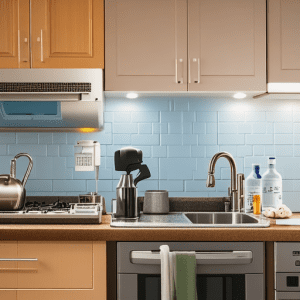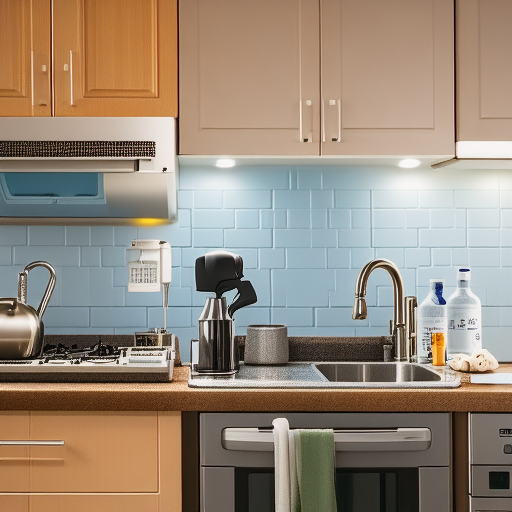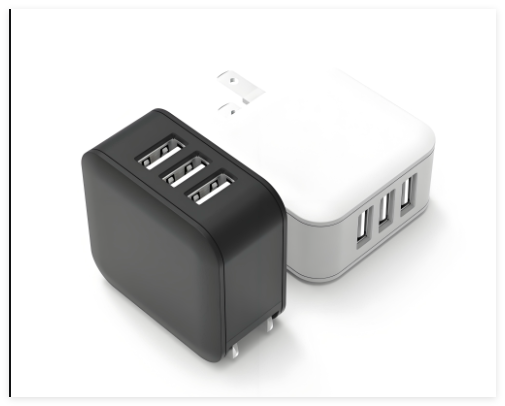How can smart home appliances help improve household water resource management?
On the issue of how smart home appliances can help improve household water resource management, we can explore from several aspects. First, smart home appliances, by integrating advanced sensors and algorithms, can more accurately monitor and control household water usage. For example, smart washing machines can automatically adjust water usage and washing time based on the material and level of contamination of the clothes, thereby saving water resources.

According to data from the International Energy Agency (IEA), about 30% of global household water use is wasted, and the popularization of smart home appliances is expected to reduce this proportion by at least 10%. This not only means that households can reduce their water bill expenditures, but more importantly, it helps alleviate the problem of global water scarcity.
Secondly, smart home appliances can also help users better understand their household water usage habits through remote control and data analysis, thus making more reasonable water usage decisions. For instance, smart water meters can monitor household water usage in real-time and push water usage reports and water-saving suggestions to users through mobile applications.
Furthermore, the combination of smart home appliances with new energy technologies, such as solar water heaters, can not only reduce dependence on traditional energy sources but also further reduce household energy consumption and carbon footprint. According to a report by the Renewable Energy Network (REN21), the global installed capacity of renewable energy reached 2,556 gigawatts in 2019, with solar and wind energy accounting for the main share.
Finally, the popularization of smart home appliances has also promoted the formulation of relevant policies and standards. Many countries and regions have begun to establish standards for smart home products to ensure their performance in energy saving and environmental protection. This not only helps to enhance the market competitiveness of the products but also provides consumers with more green and intelligent lifestyle choices.
In summary, smart home appliances play an important role in improving household water resource management. They can not only save water but also help users form more environmentally friendly habits through data analysis and remote control. With the continuous advancement of technology and the support of policies, I believe that smart home appliances will play an even more important role in future water resource management.




Post Comment